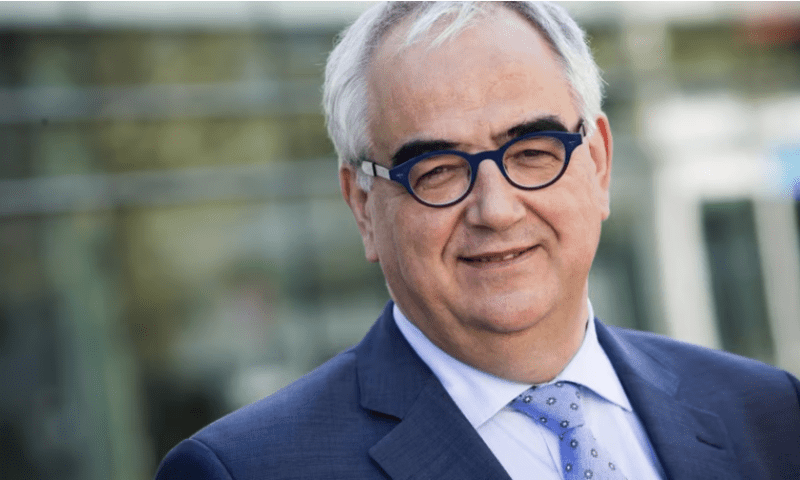You’d be forgiven for thinking that Galapagos had already trimmed all the fact it could off its pipeline, but the Belgian biotech has managed to find another four early-stage programs worthy of being culled in favor of its CAR-T strategy.
The dropped assets include JAK1/TYK2 inhibitor GLPG3121 for inflammatory diseases, JAK1 inhibitor GLPG0555 for osteoarthritis and GLPG4716, a chitinase inhibitor designed to treat idiopathic pulmonary fibrosis.
The final phase 1 program being discontinued as part of Galapagos’ “ongoing scientific and strategic exercise” is GLPG4586, a compound with an undisclosed mode of action directed toward fibrosis. The company revealed the cuts as part of its second-quarter earnings announcement Thursday afternoon.
The biotech has been spring cleaning its pipeline for a few months, including pulling out of metabolic diseases and osteoarthritis R&D in May, followed by handing back the rights to a respiratory disease drug to Molecure a month later. Under new CEO Paul Stoffels, M.D., the company was able to use these savings to acquire CAR-T platform developer CellPoint and human antibody library owner AboundBio.
The biotech’s pipeline was in urgent need of replenishment after a string of poor data readouts almost emptied the closet. Its osteoarthritis therapy failed to make the grade in a phase 2 trial in 2020, while late-stage results ended hopes of an FDA approval for its pulmonary fibrosis candidate last year.
Stoffels told Fierce Biotech in June that the focus of Galapagos’ CAR-T ambitions will initially be the “more straightforward” target of hematological cancers. But there is also a longer-term plan to see whether it can address severe long-term solid cancers with the technology.
In yesterday’s earnings report, the company said enrollment is ongoing for phase 1/2a trials of a CD19 CAR-T obtained through its CellPoint buy in both relapsed/refractory non-Hodgkin lymphoma and relapsed/refractory chronic lymphocytic leukemia. Top-line results are expected in the first half of next year.
“Our near-term goal is to bring three additional differentiated, next-generation CAR-T candidates in the clinic over the next three years,” Stoffels said in a statement.
The company has also decided to roll on with a TYK2 inhibitor called GLPG3667, which it plans to enter into a phase 2 study in dermatomyositis before the end of 2022.
According to yesterday’s earnings announcement, Galapagos is continuing to explore “additional business development opportunities to further leverage our internal capabilities and renew our portfolio,” it said. “We look forward to presenting an in-depth update on our corporate strategy later this year.”
In the meantime, the company seems to have enough funds to power forward, with current investments, cash and cash equivalents totaling €4.43 billion ($4.53 billion) as of June 30.

